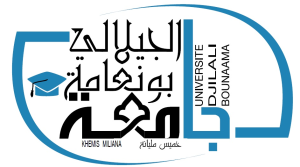Preface
Preface
The module Physico-Chemical Analysis Techniques I is designed to provide students with a solid foundation in the fundamental principles and practical methods of separation and analysis used in chemistry. Separation techniques are at the heart of experimental science, allowing chemists to isolate, purify, and identify the components of complex systems. From simple mixtures to more advanced chemical matrices, mastering these methods is essential for both laboratory practice and future research.
This course introduces a wide range of separation processes, beginning with classical physical operations such as filtration, centrifugation, and distillation, and extending to more sophisticated approaches like solvent extraction, chromatography, and membrane-based techniques. Each chapter combines theoretical knowledge with practical insights to help students understand not only the principles behind each method but also their applications and limitations in real-world contexts.
Special emphasis is placed on chromatographic methods and modern instrumental techniques, as these constitute indispensable tools in analytical and pharmaceutical chemistry. By the end of this course, students will acquire the conceptual and methodological skills required to design, perform, and critically analyze separation and purification experiments.
This document has been structured to guide learners progressively from basic to advanced techniques, making it suitable both for classroom study and as a practical reference in the laboratory. It is hoped that this material will inspire students to appreciate the importance of separation science as a cornerstone of chemistry and to cultivate the rigor, precision, and curiosity essential to the discipline.

